|
For the very first time, SpaceUp is coming to London on the 5-6 July: SpaceUp UK organised by a small group of volunteers. Catch this chance, come along and show that you care and wanted something like this to happen in the UK more often! Tickets are available at spaceupuk.org now and check the website for useful information which would be post up over time. Unlike a traditional conference, an “unconference is a participant-driven meeting”. Preparing for it sounds heavy perhaps getting to understand the concept is a better way to describe it. But none the less, this great guide will give you a lot more details on how to prepare to attend an unconference (pdf). But in short, going to an unconference is like going to a conference, democratised - that means you are the speaker (as well as the audience)! But wait a minute, you did not think it’s all just powerpoint in a lecture hall, did you? But equally, don't be shy, if you are not up for being the only speaker in the room, you can always start and discussion and get everyone exchanging ideas (and here is some useful guideline on etiquette). The format, length, topic of session can vary a great deal and here are some examples for inspiration: 60 seconds to landT-5 talkRound table/forum discussionVirtual PresentationInteractive Session
Ok, so now get your thinking hat on and pick your style. Don't forget to get the tickets! It is an unconference, how exciting will you make it?
Spread the word, spread the love! Factory might sound like a big word and if you have joined us on our February field trip, you'd realise how office like and friendly the facility that satellite "factory" can be like! On 22nd Feb, we went to visit the Pocket Spacecaft's facility at Bristol. The train was not helping, nor was the flood, but some of us made it for a very educational day! It must be said home of the Pocket Spacecraft is like a tucked away alternative world. To reach Pocket Spacecraft's facility, one would ask direction at the Cinema's entrance by the water side, be directed upstairs through bar and cafe, Finally through a secure corridor of the Pervasive Media Studio and you'll reach the open planned HQ. Michael has presented to us the tips and tricks for getting satellites into space, sharing the greatest detail from his experiences on everything from regulations, details of open sourced space projects, place for souring parts to make your own cubesat, technologies for controlling landing, altitude, propulsion etc, to tools for listening to spacecrafts. And of course the process and the ambition to launching thousands of thin film Pocket Spacecrafts in an affordable way. There's no lack of detail on all topics covered, it's like a week of space symposium compressed into a day! Regulations for spacecraft is actually very intriguing, when it is stationary, in the atmosphere and out of the atmosphere, it is considered as a different kind of instrument and are subject to different regulations! And of course, we need to ensure wherever we go in space, we leave it rather untouched and there's where the Heritage rules and Planetary protection rules comes in. Needless to say different country have different regulations too! And of course, we visited the facility for making spacecraft. Most electronics are printed out over at a FABLAB, in the HQ, we can see:
And that is not yet the end of the day! We then learn how to listen to satellites! Listen? Yes, like tuning on your FM radio, listening to satellite is like tuning into the channel of the satellite (as oppose to BBC R6 for example). But because the signal is much weaker, the antenna and the "radio" have to be a bit more powerful - so we learnt a lot about the different types too.
In our usual style, we continued the Q&A through drinks (and a very nice dinner too, thanks!). Oh, and we had a small brainstorming around interplanetary internet on the train on our way back after dinner. Keep an eye on that space.
Having been focusing on the low down on hands on space hacks for our last couple of events, on the 20 Nov we had a change of perspective - before we get back to hands on development and wrap up the year with "Making Interplanetary Internet": http://interplanetaryinternet.eventbrite.co.uk/). We, together with Satellite Applications Catapult, hosted an intensive whirlwind of 6 space companies telling us about their entrepreneurial stories - the market they saw and the business they've created. To get a well rounded flavour, our speakers are from upstream (spacecrafts) and downstream (businesses that uses satellite data) space sector. 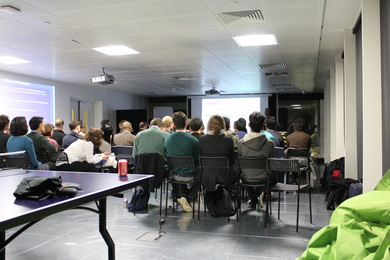 We had ping pong table at the Rainmaking Loft, which was perfect for anyone needed a warm up before the talks commence or an exercise after the pizza! We also had bean bags to cater for those who needed to relax instead. Sam from Satellite Applications Catapult started the evening by providing an overview to the exciting growth of the space sector in the UK, followed up by Steph's quick intro to what you can do as citizen for space. In a series of lightening talks, we've cut the chase and dive straight into the exciting innovation and enablers from our speakers:
It was interesting to hear the story of how the panel entered the space industry. Citizen Inventor has been talking about bio-payload but Graham from Avanti is well ahead of us there - he already looked at sending worms to space back at school! It was very generous for Satellite Applications Catapult and Rainmaking Loft to sponsor the pizza, beer and venue hosting. Special thanks goes to all those extra pairs of hands that have made a swift tidy up happen - so we can all go to the pub! In line with the usual Citizen Inventor style, we had our extended Q&A in the pub and some of us left the pub only when it kicked us out...
Finally, for those of us who like toys - watch this space. We're about to get some Christmas presents from Michael from Pocket Spacecraft... stay tuned! On the 28 August 2013, we've had our second event on space: "Getting Going with Space, hands on"! The British Interplanetary Society generously hosted the event. We have the great pleasure of meeting the Chairman of the BIS: Alistair. Alistair has kindly showed us around the library of the BIS just before the talk begin - a reward to all those who arrived early! Open source is a familiar term for those who are used to working in the software industry, but hang on, did we hear "open source space program"? Yes, that's what Alex from SpaceGambit UK spoke about. It's enabled by makerspaces/ hackerspaces x open source hardware x open source software. All these openness helps to advance our curiosity and technology. Open hardware like Arduino is cheap, like 30GBP. The wiring diagram is open to public, so you can make your own if you wish. More importantly because the schematics are open, it makes it easier for people to create an enhanced version, or other breakout boards (think of plug-ins) based on this. And what is an Arduino anyways? As we later hear, "it's like an electronic cellotape", said Laurence, referring to it being something that gets thrown at any problem without putting in a huge investment. 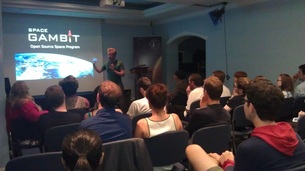 Space Gambit is looking to promote space through in education, challenges (working with NASA - NASA Asteroid Grand Challenge) and funding projects. The project funded by Space Gambit under the space habitat theme included bio-reactors and Mars spacesuit (the glove - we all have to start somewhere). A list of all project funded can be found on their recent announcement: http://www.spacegambit.org/spacegambit-announces-project-funding-for-hackerspace-space-program/ Watch out for future rounds of funding in 2014 from Space Gambit, with each project getting up to $20000. [Slides for this will be uploaded shortly.] Laurence, a physicist working on the software of a Sprite - a spacecraft from the KickSAT project - has convinced us on citizen contribution to a space project. Writing code for Arduino in SPAAAAAACE! An amazing retrospective on the KickSAT project. He also covered the the topic of small satellites and how it helped us to kick start the personal space age. The slides can be found here: http://prezi.com/tmzdf0zawh-d/kickstarting-the-personal-space-revolution/?utm_campaign=share&utm_medium=copy 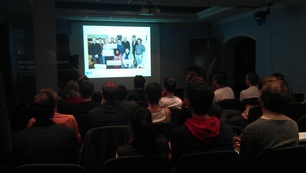 Laurence introducing the dev team behind the BIS backed KickSAT Sprites. The British Interplanetary Society has backed a fleet of Sprites of the KickSAT project and Laurence has been working on the software of this fleet. He showed us the code that would be loaded onto the spacecraft on one page, all written in the familiar Arduino IDE (Energia). We've completely packed the house at the British Interplanetary Society. We've also occupied the entire length of tables right in front of the bar (if anyone has got a photo of that to share, send it over)!
Alex spoke about putting the inventor back to Citizen Inventor! We hope you are now really convinced to go ahead and get hands on - start a project, contribute ideas, update our wiki with useful resources: http://citizeninventor.wikia.com/wiki/CitizenInventor_Wiki, share your project http://www.citizeninventor.com/submit-to-showcase.html, tweet to us.... the list goes on! Citizen Inventor has its first ever event yesterday. Of all sciences and engineering disciplines, we have decided to head straight to Space for our first event! With an unmissable line-up and the generous sponsor on venue by The Open Data Institute. Our first ever speaker is Dr Sam Adlen from the Satellite Application Catapult, who studied water on Mars in his PhD! It was great to hear the encouraging words on the government's new investments in the UK space industry, thus the opportunities. We've also heard many initiatives the Satellite Application Catapult have to lower the barrier of entry and facilitate technology innovation, for the Space industry and for the downstream satellite applications. One of them is to get data on earth observation arriving at our finger tips more seamlessly from the growing number of satellites and constellations that are to be launched. We also had a glimpse on the future (10+ years) missions related technologies. And, of course, we got loads of tips on who to go to for support and funding! And thanks Sam for presenting the TechDemoSAT to us on request. Then we have Michael Johnson, a physicists heavily involved in two of the highest profile Kickstarter space project - the founder of Pocket Spacecraft and the co-creator of KickSAT. Pocket Spacecraft is the the first interplanetary citizen space exploration mission. Their goal is "to provide generic tools for space exploration and science, accessible enough for non-technical and technical people to use, for fun or serious science". This personal space age is facilitated by the Open Source Space System - so global community of engineers and hobbyists would be able to contribute to an extensive open source open access library of tools and techniques. It couldn't be more excited for the makers amongst us to hear that plans are to print spacecrafts in space with Prepositioned Orbiting Printers! Michael also shared his invaluable experiences and tips on how to fly things into space practically. We also had the great pleasure to have a detailed look on all the chips that was passed around: Last but not least, thanks to all those who have made it to the event in this glorious summer day. It surely was refreshing to have a pint, or two, or three, where we had our Q&A session with both speakers! There is so much to talk about regarding space - some of us only started making our way home as the pub encouraged us to do so by locking up... Without you, there's no community. It's always good to have some actions after being in a room, so here are some suggestions: - Save the date: 19/20 Oct. Satellite Applications Catapult Hackathon is on! - Interested in having your spacecraft for the price of a PC? Get yours on Kickstarter before too late (by 26 Aug). - Come to the next meetup, spread the love to like minded people and get hands on! With just under a week to go, we are starting to count down to our first event on the 24th July, in London. We are very excited about the line up, come and learn about how you can participate in space technology, science - no, it's not that far away. Moreover, we do use satellite data a lot: weather, GPS, terrain images, etc - it's more relevant than what we think! Curiosity is all you need, we mean it. We would like to open up science for citizen to participate in, come hear about it to believe in (even better, get going with) it. Get your ticket before they run out! Join us at http://www.meetup.com/CitizenInventor. The World Space Week as declared by the UN is going to be in October, it's a while away but a week full of space event is happening in just under 2 week's time in UK:
Don't miss them! |
SubscribeCategories
All
Archives
December 2016
|

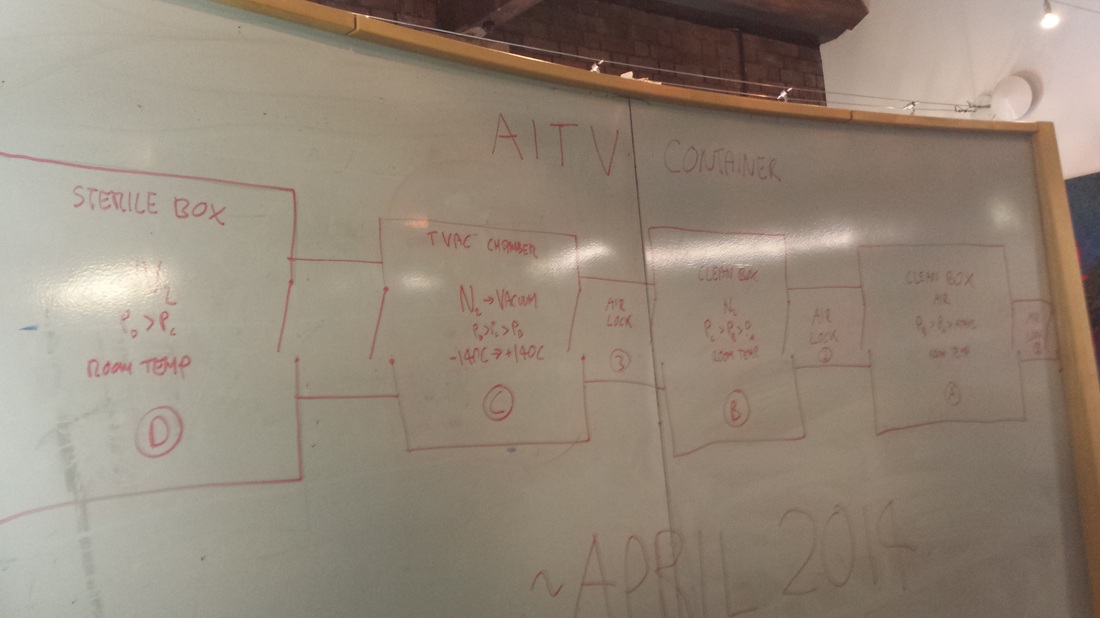
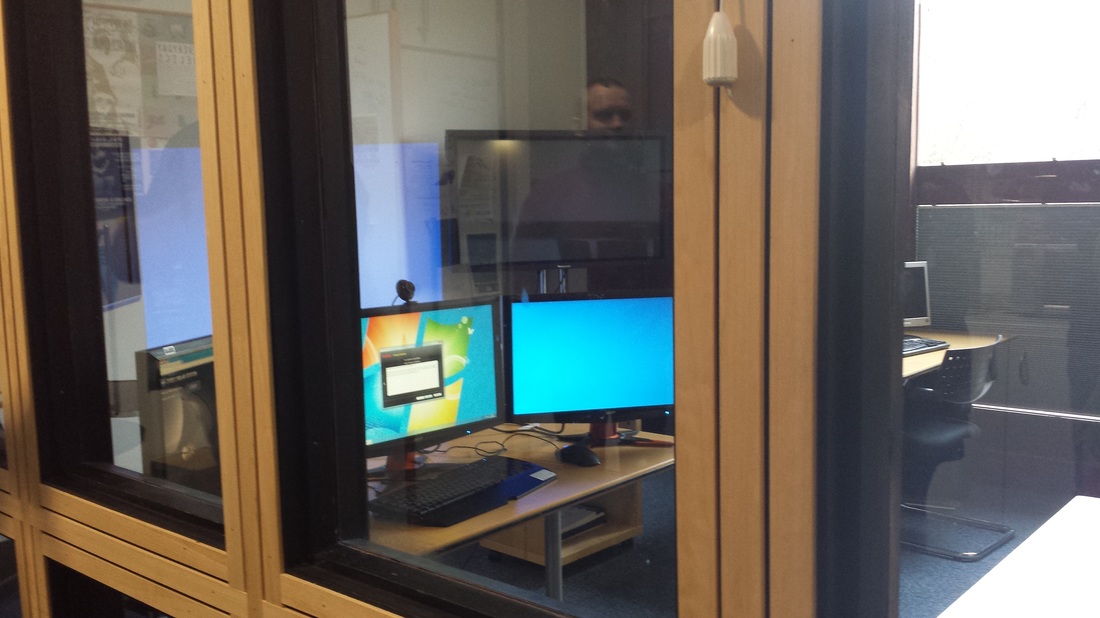
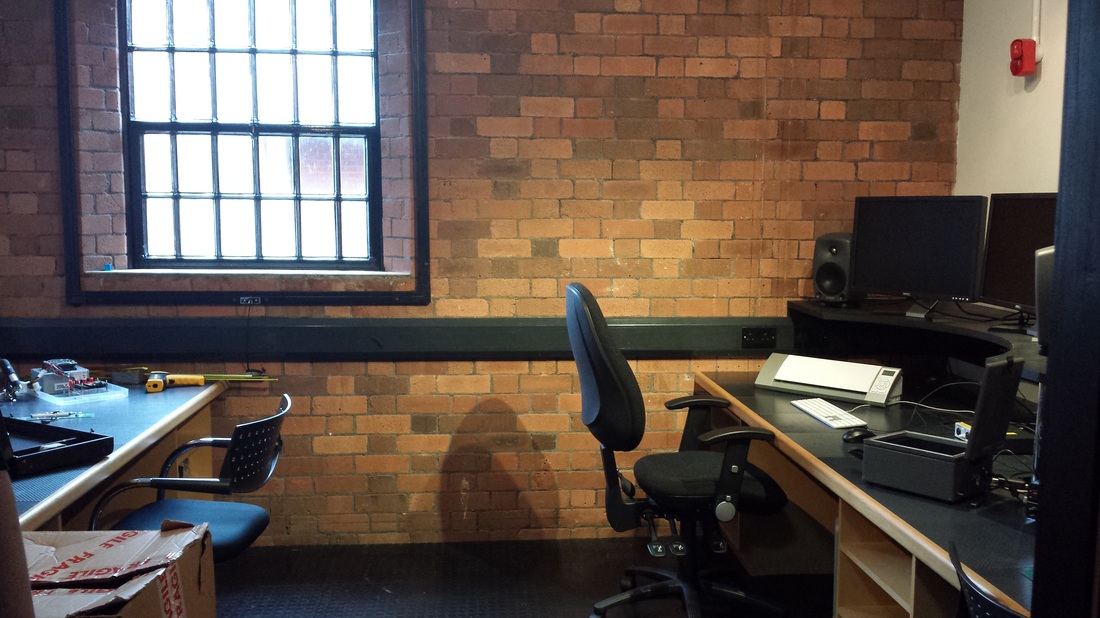
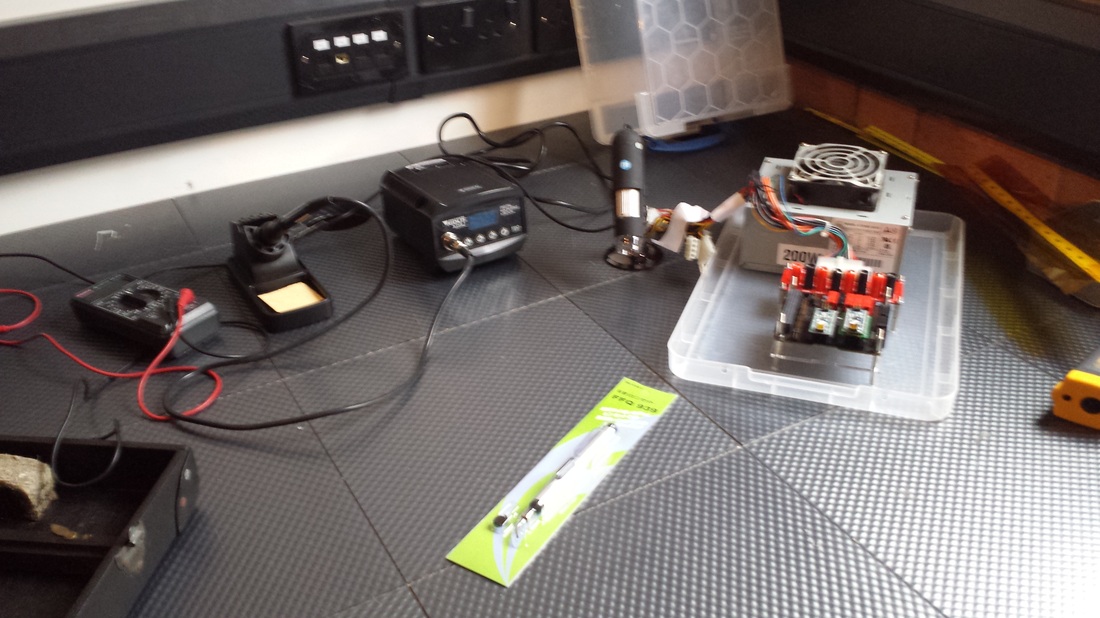
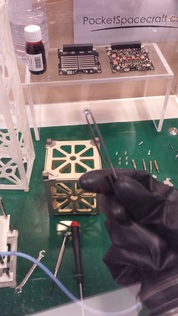
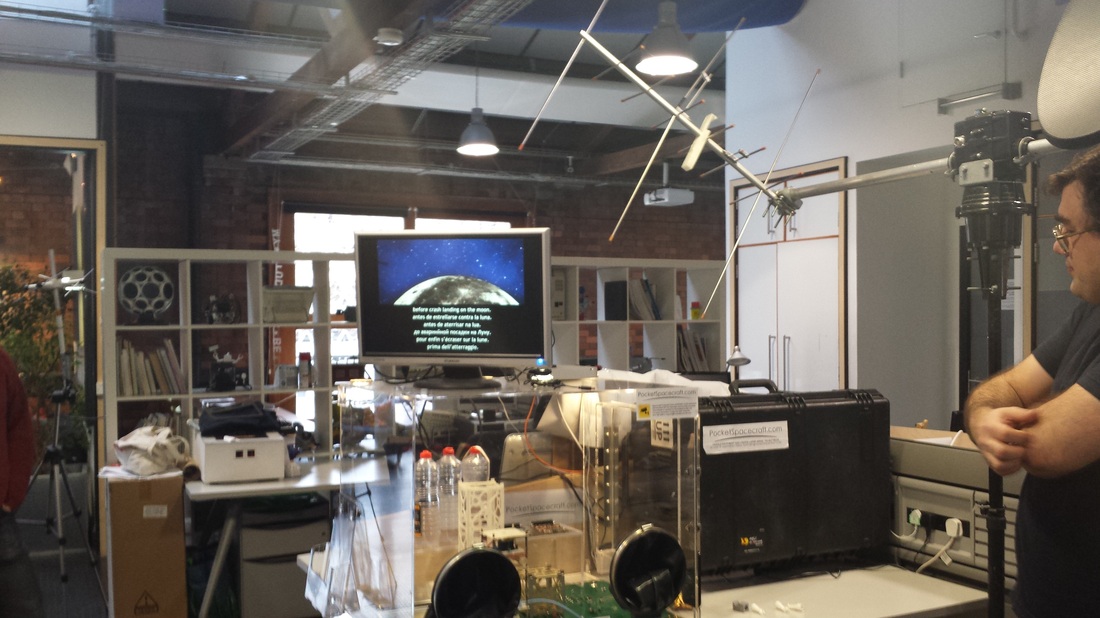
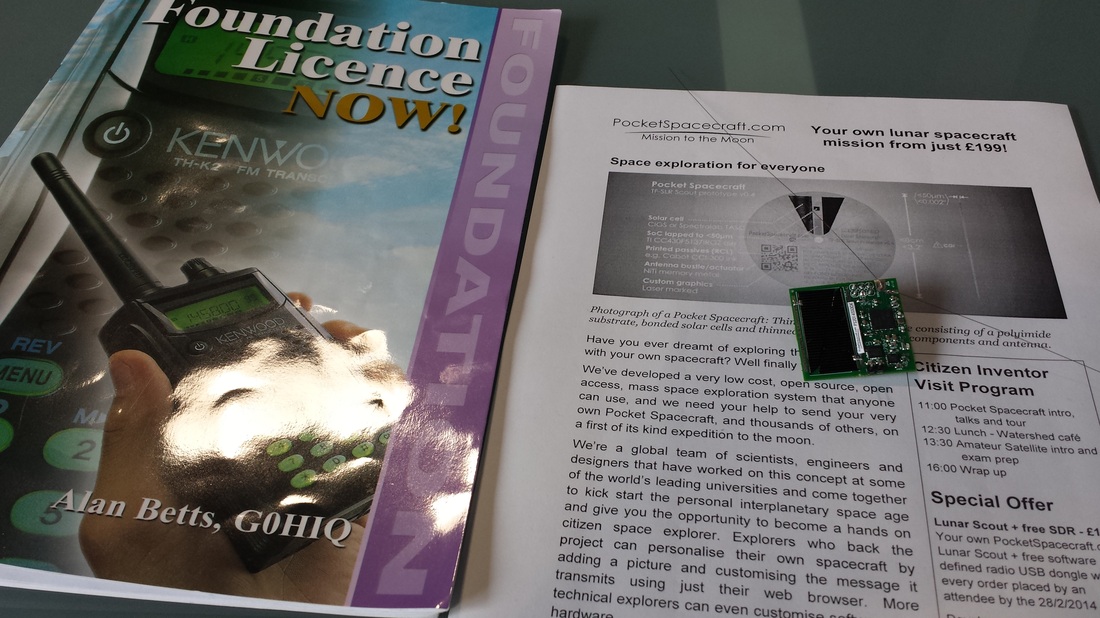
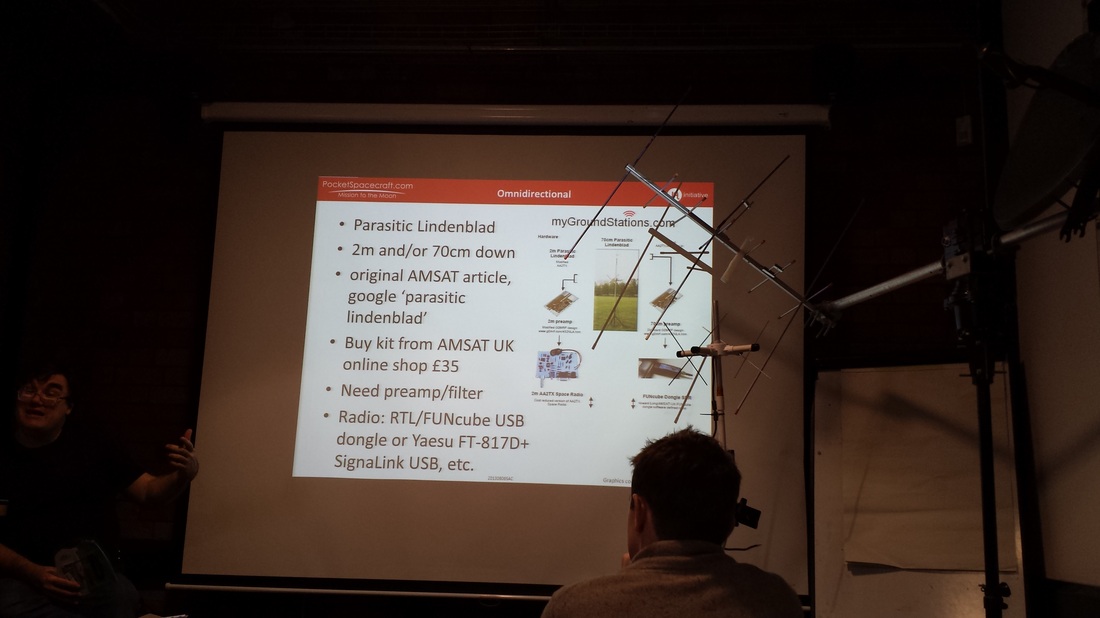
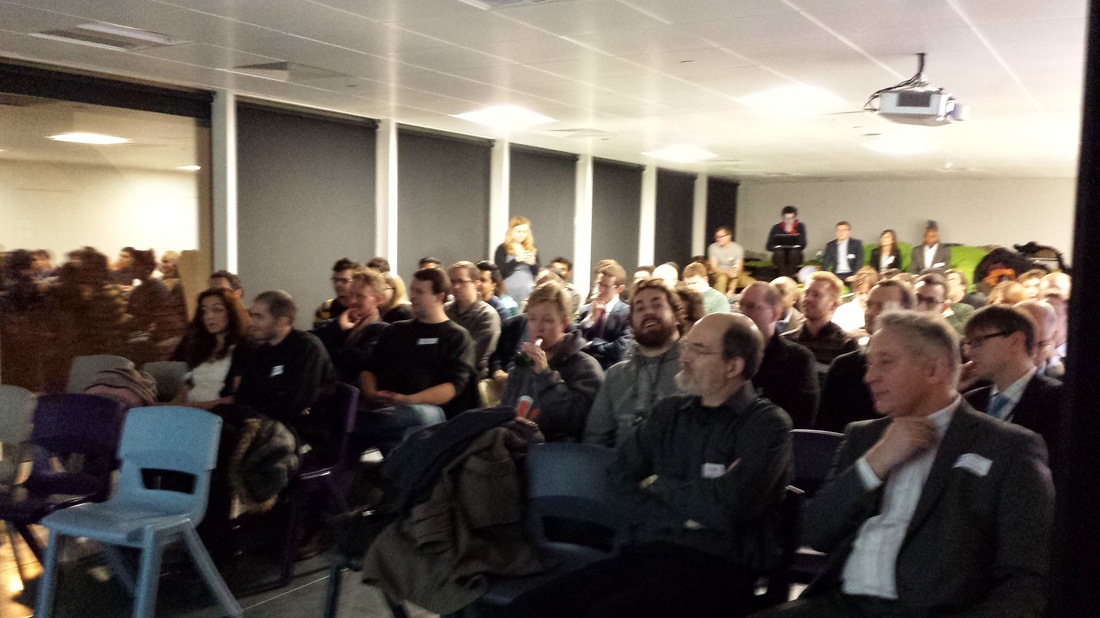
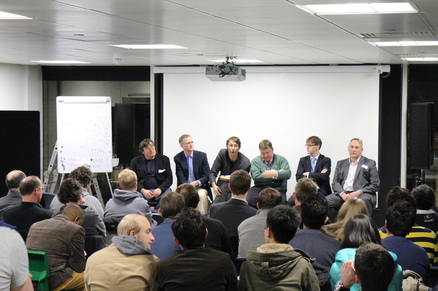
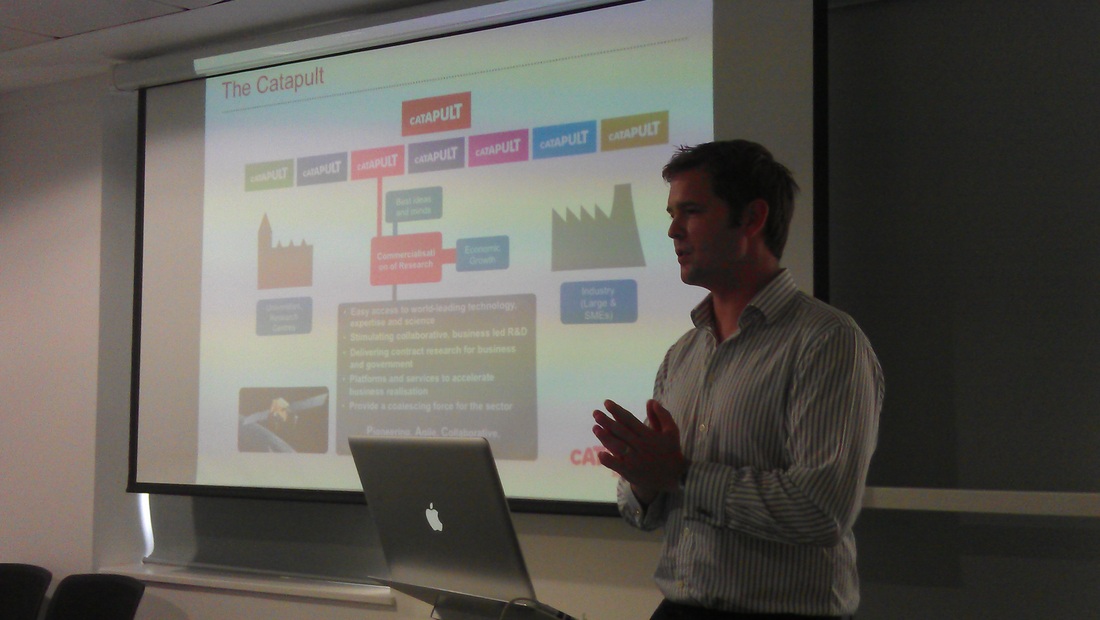
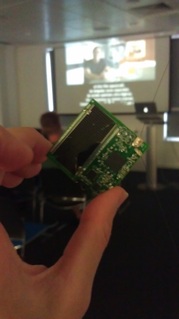
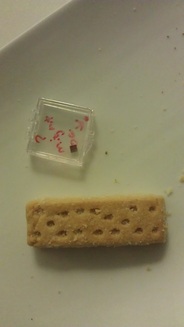
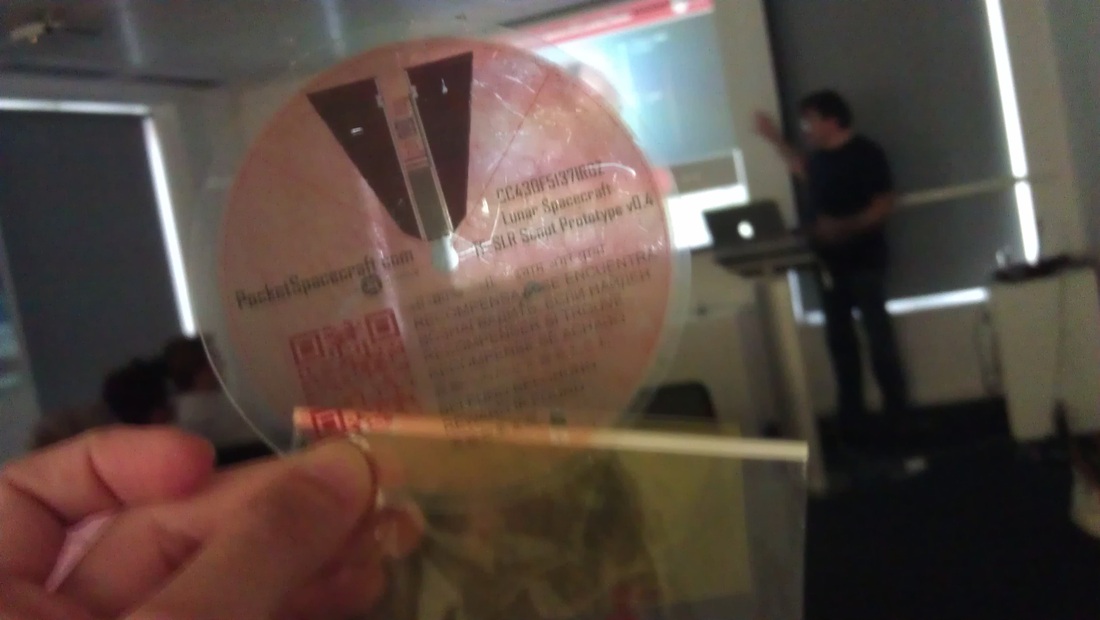
 RSS Feed
RSS Feed
